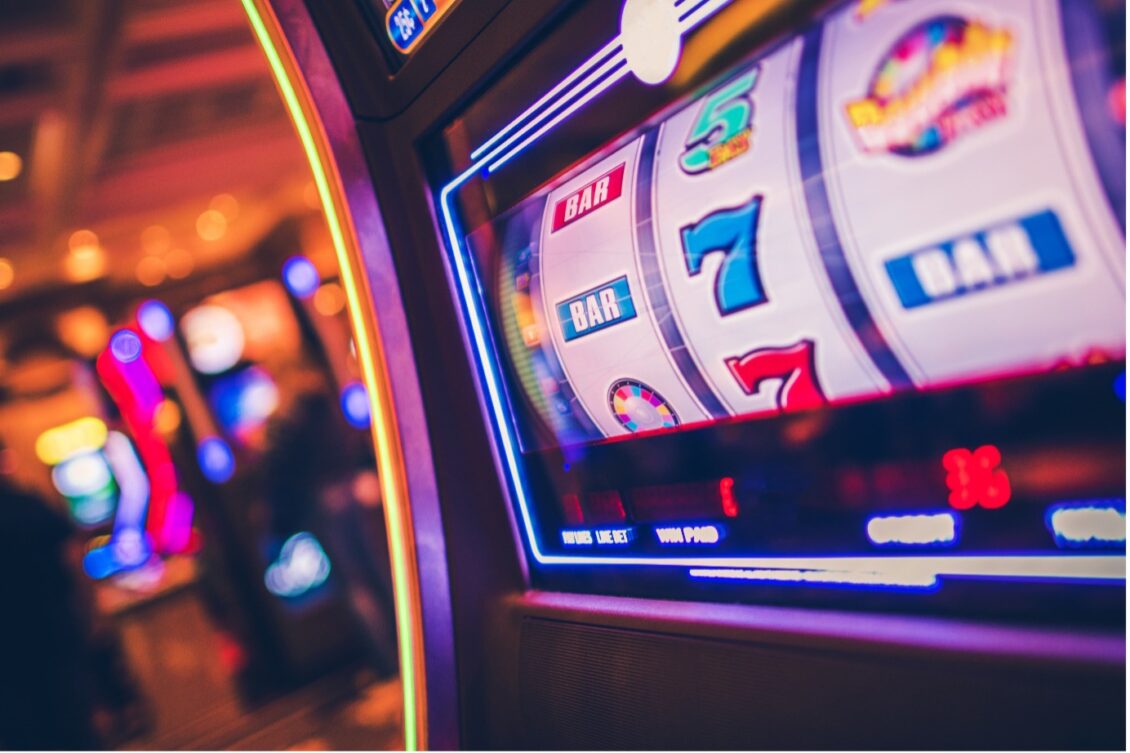In the vibrant world of casinos, slot machines stand out as glimmering icons of chance and excitement. With their flashing lights and catchy sounds, they draw players in, promising the thrill of a big win.
But beneath their colorful façades lies a meticulously engineered system that governs how and when payouts occur. While players feed coins and eagerly pull levers, they remain blissfully unaware of the sophisticated algorithms and random number generators at play.
These technologies determine not just the odds of winning, but also how the casino manages its profits. In this article, we will delve into the various methods that casinos employ to program slot machines, exploring the intricate balance they maintain between enticing players and ensuring a profitable operation.
From the science of payout percentages to the strategic placement of enticing jackpots, the secrets of slot machines reveal a fascinating intersection of psychology, technology, and game theory that captivates millions each year.
Understanding the Mechanics: How Slot Machines Operate Under the Hood

Understanding the inner workings of slot machines reveals a fascinating blend of technology and psychology. At their core, these games utilize a Random Number Generator (RNG) to ensure that each spin is independent and unpredictable, creating the illusion of chance.
However, this randomness is artfully designed within the confines of the house edge, which ensures that the casino maintains its financial advantage over time. Each machine is calibrated with a specific payout percentage, intricately woven into the game’s software, which determines how frequently players might win, and how substantial those wins can be.
Additionally, the appeal of bright lights and enticing sounds is no accident; they are engineered to enhance the players experience and keep them engaged, masking the underlying math that governs the operation. Amidst the blinking and chiming, the real magic happens quietly in the hardware and code, making every pull of the lever a carefully orchestrated performance of chance and control.
The Role of RNGs: Random Number Generators and Their Impact on Payout Rates
:max_bytes(150000):strip_icc()/347687853_f630ff060b_o-5897807d5f9b5874ee39904d.jpg)
Random Number Generators (RNGs) serve as the heartbeat of modern slot machines, intricately programmed to ensure fairness while simultaneously influencing payout rates. At their core, RNGs are sophisticated algorithms that produce seemingly endless streams of numbers—each corresponding to a specific outcome on the reels.
This randomness is crucial; it guarantees that every spin is independent and unpredictable, much like a fair game of chance. However, casinos wield significant control over this randomness by adjusting the Return to Player (RTP) percentages.
By modifying the parameters of the RNGs, they can tailor the frequency and magnitude of payouts, creating a balance between player excitement and profitability. Consequently, players may find themselves captivated by the allure of potential jackpots, blissfully unaware that a host of mathematical calculations shapes their experience, making the role of RNGs a pivotal element in the intricate dance of chance and strategy that defines the casino landscape.
Programming Payout Percentages: How Casinos Set Odds and Influence Player Experience

Casinos employ intricate algorithms when programming slot machines, a process that significantly impacts how payouts are determined and how players engage with the games. At the heart of this system lies the concept of Return to Player (RTP), which dictates the percentage of total bets that a machine will pay back over time.
However, this statistic doesnt tell the whole story; it’s designed to create an illusion of chance and randomness. Behind the scenes, software engineers adjust the odds to strike a delicate balance between enticing gameplay and profitability.
Random Number Generators (RNGs) spin out results that can deliver unexpected thrills—an exhilarating jackpot or a frustrating dry spell—forming a complex web of player experiences. Each spin feels like a leap into the unknown, yet the house always retains a strategic advantage, subtly influencing decisions and emotions, leading players back for more, caught in the mesmerizing rhythm of chance and strategy.
Conclusion
In conclusion, the intricate programming behind slot machines plays a pivotal role in controlling payouts and ensuring the profitability of casinos. By leveraging complex algorithms and random number generators, operators meticulously manage the odds and player experiences, allowing for both excitement and financial sustainability.
As players immerse themselves in the vibrant world of slot gaming, its essential to understand that each spin is a calculated combination of chance and strategic design. For those seeking to experience the thrill of these games while also maximizing their enjoyment, like spy-casino 15 €, making the adventure even more rewarding. Ultimately, awareness of how these machines are programmed can enhance the gaming journey, leaving players to navigate the fascinating blend of luck and technological innovation.


